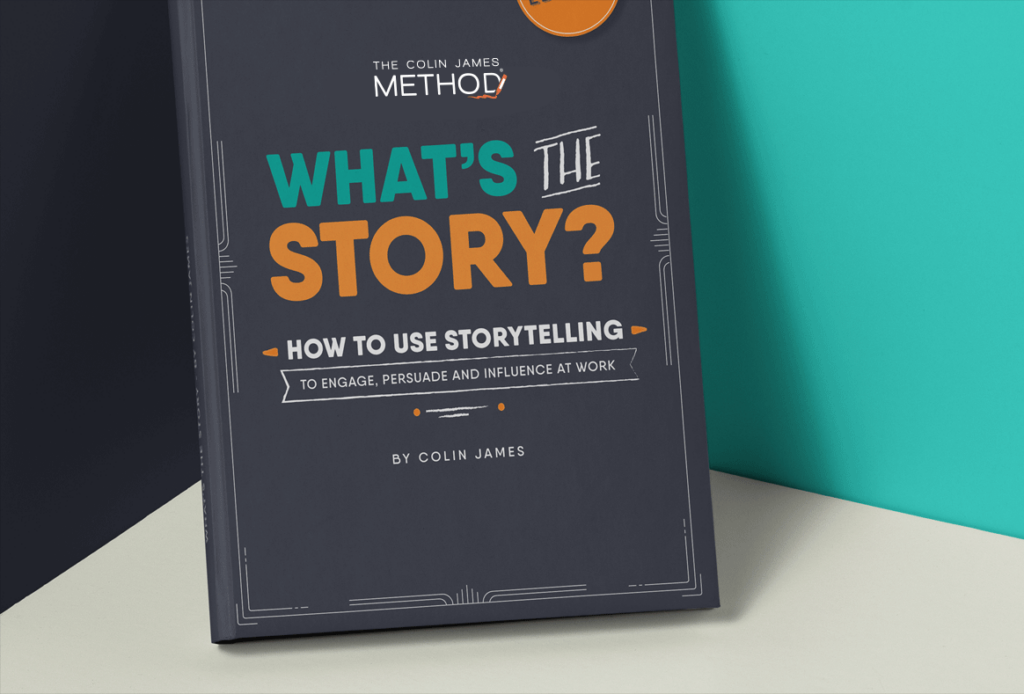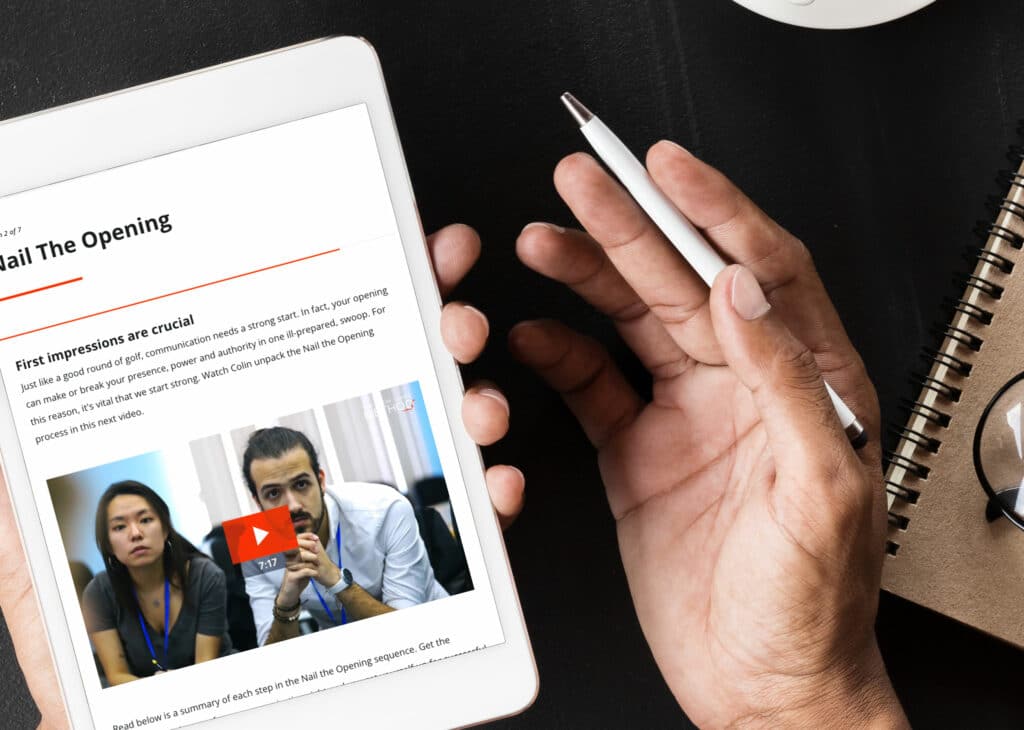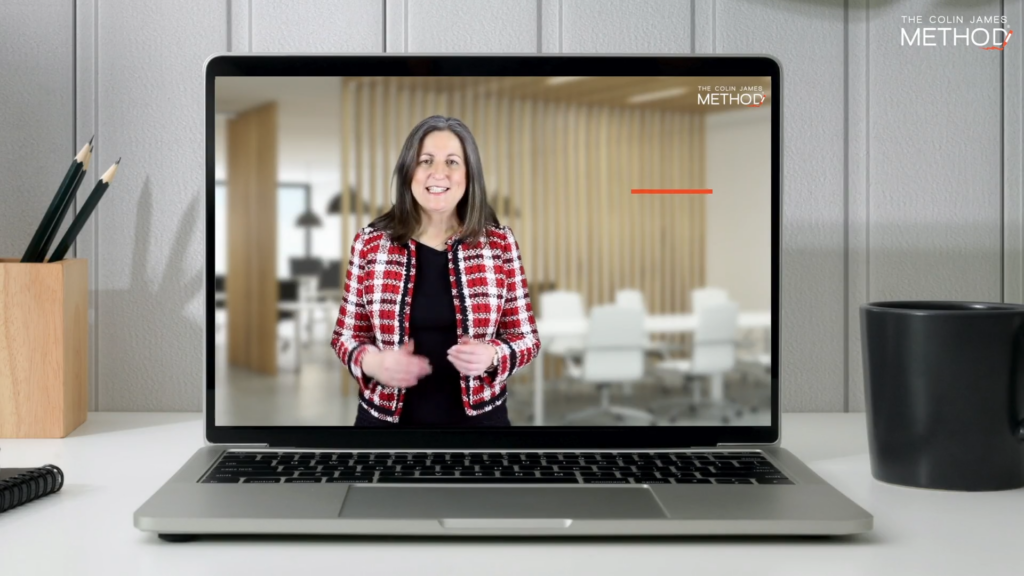Who do you trust?
Your partner, your parents, your best friend? For most of us, trust is not something that comes easily. It has to build over time. It has to be earned. When nurturing workplace skills and strong business teams, research shows it’s one of the most valued attributes in an organisation.
Brené Brown says she described trust to her young daughter as a “marble jar”. So, a marble is added to the jar with each positive and meaningful moment that bolsters the relationship between two people. Marbles are removed when something happens to erode that relationship.
When trust is tested and survives, it can become very strong. Think of the trusting relationship between brothers in arms, for example. It’s a bond. The unspoken human connection between one person and another that means, “I will do what you need me to do.”
But what’s interesting is that for most of us, trust is not formed on the back of grand gestures. In fact, the jar of trust is filled with marbles that relate to comparatively small, seemingly insignificant moments.
How we build trust in the small moments
Brené Brown’s data reveals that, in our personal and professional lives, trust is built in “the smallest of moments.”
In fact, there are opportunities to build trust everywhere, every day. In a business scenario, it could be when you ask questions and take an interest in your clients’ circumstances, or stopping to ask if they understand what you are saying and explaining particular terms so you are always on the same page.
Trust is built when you choose to connect with someone on a deeper level. It’s a cornerstone of effective communication and so important in business.
In the professional world, trust is built through attention to detail and meaningful communication, which is why valuing this process is crucial to maintaining long-term relationships with employees, clients and colleagues. This is the Colin James Method®.
How we build trust at The Colin James Method®
In the corporate world, it can be challenging to place your trust in others — particularly when it comes to the client-vendor relationship. As an L&D professional, how can you be sure your training provider will deliver on their promises?
You need to trust that they’re going to get the results you need. We know that; so as a training provider competing with other vendors out there, we focus on earning your trust.
Let me tell you a story.
A long time ago, we were approached by a financial services client. They actually came to us 9 years after they’d done training with me, believing that our course was exactly what their company needed. They wanted us to be the core provider for training their staff.
But the company was looking elsewhere, so convincing them we would be suitable was not that straight forward. In order to build their trust, we began by enrolling a small group of “key” employees into our program so they could experience the benefits and speak positively about it to others in the organisation. These people were our influencers or champions. They were crucial to allow that trust to “take hold” throughout the rest of the organisation.
Next, we provided a detailed proposal of how we could work with their individual employees to meet their specific company objectives. Erica, Colin James Method Co-Founder, then met with them one on one to discuss at length the details of the program and work through any concerns. She took the time to hear them, to understand their needs and alleviate their fears.
She “showed up” for them and, in each small detail of planning, a marble was added to the jar. Now, years later, they are still one of our biggest clients. Through a successful long term relationship based on mutual trust, I’m happy to say that we’ve been able to have had an enormous positive impact on their organisation.
This sort of result simply cannot be achieved without a focus on trust and the desire to build long term client relationships — partnerships, even.
The most rewarding part of being in this industry will always be the incredible transformations we get to witness every single day. Our methodology continuously yields immense potential from our participants and supports them in their professional and personal worlds…
Services Sales Head at SAP, Bruce McKinnon said “This training course has been a revelation for me. Unpacking and rebuilding my communication approach, in a positive, constructive and fun way has been incredibly useful for me. Thank you!” and Culture and Transformation Program Manager for CUA, Vicki Lewis said “The challenges presented during the program can be confronting. However, the context and trust, which is established early, make it safe and sets you up for success.”
How to build trust when you communicate
To focus on building more trust with your colleagues and contacts, try to incorporate these simple elements of effective communication into your day.
- Transparency – Be clear about your processes. Talk colleagues through the “why” of things, be transparent about any complications and include steps for moving ahead positively.
- Empathy – Ask pertinent questions. Your aim is to develop a better understanding of their circumstances and understand what it’s like for them, so you know how to support them.
- Understanding – Create mutual understanding by avoiding jargon and explaining concepts in simple terminology. Make documentation available so people are informed in whatever further discussions they need to have.
To learn more about how to build trust and be an effective communicator, sign up for our Mastering Communication workshop now.
The Colin James Method® Facilitators train corporate executives to improve their professional communication skills with a proven methodology. Our highly trained Facilitators and Coaches are recognised for their experience in their fields and have worked with many individuals and organisations around the world to master the art of communication.











